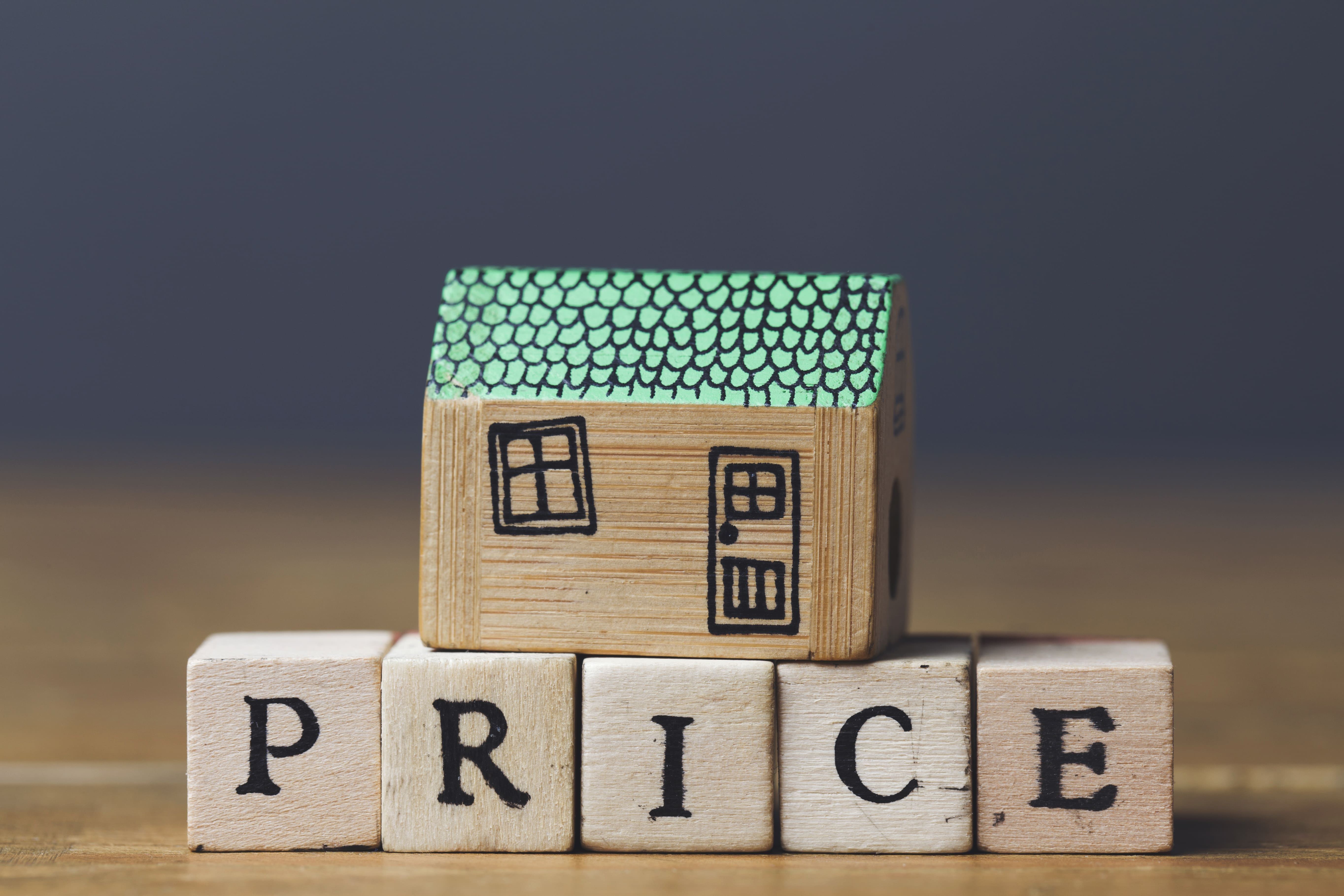Are you wondering when the optimal time to reduce the price of your home for sale is? Selling a property involves a delicate balance of pricing and timing, especially in a dynamic real estate market. Let’s delve into strategic insights to help you determine the right moment to adjust your home’s sale price to enhance your chances of a successful sale.
Consulting a Real Estate Professional
Collaborating with a seasoned real estate agent can provide invaluable guidance. These professionals possess in-depth knowledge of local market dynamics, buyer behavior, and effective pricing strategies. Their expertise can help you make an informed decision about when and how much to reduce your home’s price and when.
Understanding Market Trends
One crucial factor in deciding when to lower your home’s price is staying attuned to the current property market trends. Monitor local housing market reports, track comparable property sales, and assess demand and supply in your area. If you notice a consistent decline in property values or an oversupply of homes, it might be time to consider a price adjustment. Again, consulting a real estate agent will make this step far easier and more productive.
Days on Market (DOM)

The number of days your home has been on the market can influence the decision to reduce the price. If your property has been listed for a significant period without much interest or showings, it might signal that the initial price was set too high. Buyers may perceive a stale listing as less desirable, making a price reduction essential to attract renewed interest.
Competitive Analysis
Analyze your competition. Compare your property’s features, condition, and location to similar homes in your vicinity. If your home is priced significantly higher without apparent added value, potential buyers might be deterred. A price reduction can help align your property with market expectations and make it more attractive within its category.
Seasonal Fluctuations
The real estate market can experience seasonal fluctuations, impacting buyer demand and preferences. For instance, spring and summer often see increased activity, while the holiday season might be slower. Consider adjusting your price strategically to coincide with periods of heightened demand, ensuring your listing stands out during peak buying seasons.
Feedback from Showings

Pay close attention to feedback from potential buyers and their agents after showings. If recurring comments indicate that the price is a major concern, it’s a strong indicator that a reduction to your home’s sale price is in order. Ask your real estate agent for the feedback they have collected from the showing appointments. Constructive criticism from the people viewing your home can offer valuable insights into aligning your pricing with market expectations.
In conclusion, determining the right time to reduce the price of your home for sale involves a combination of market research, self-assessment, and expert guidance. By staying attentive to market trends, gauging buyer feedback, and considering seasonal influences, you can strategically adjust your pricing to maximize your chances of a successful sale. Remember, a well-timed price reduction can reinvigorate interest in your property and lead to a quicker and more profitable transaction.
#HomeForSale #PriceReduction #RealEstateStrategy #HousingMarketInsights

Expert Assistance:
To reach out to Richard for expert assistance in the Decatur & Atlanta markets, reach out here.
You can also ask Richard for a copy of his contribution to the best-selling book Top Dollar – by completing the form linked here.

